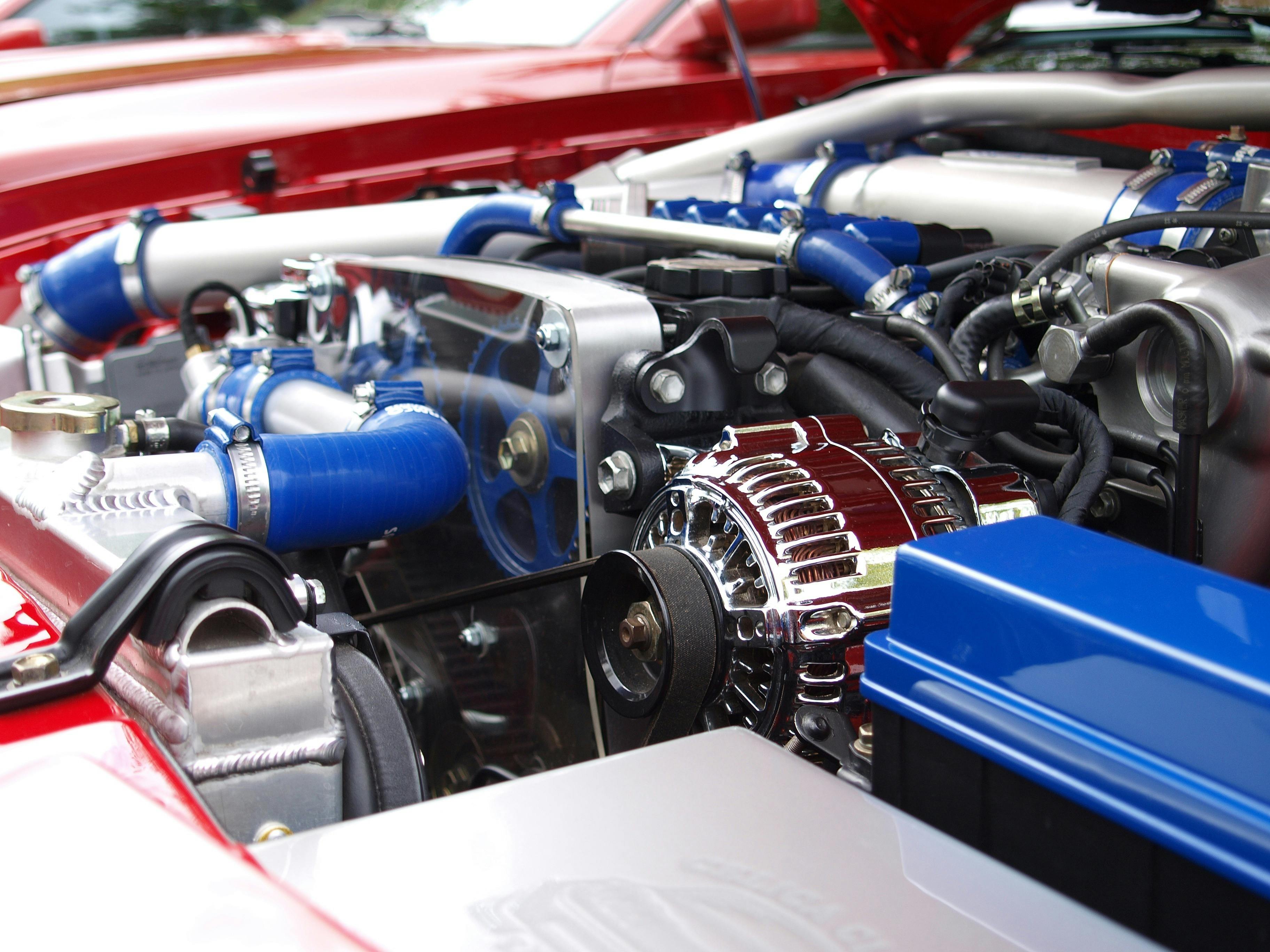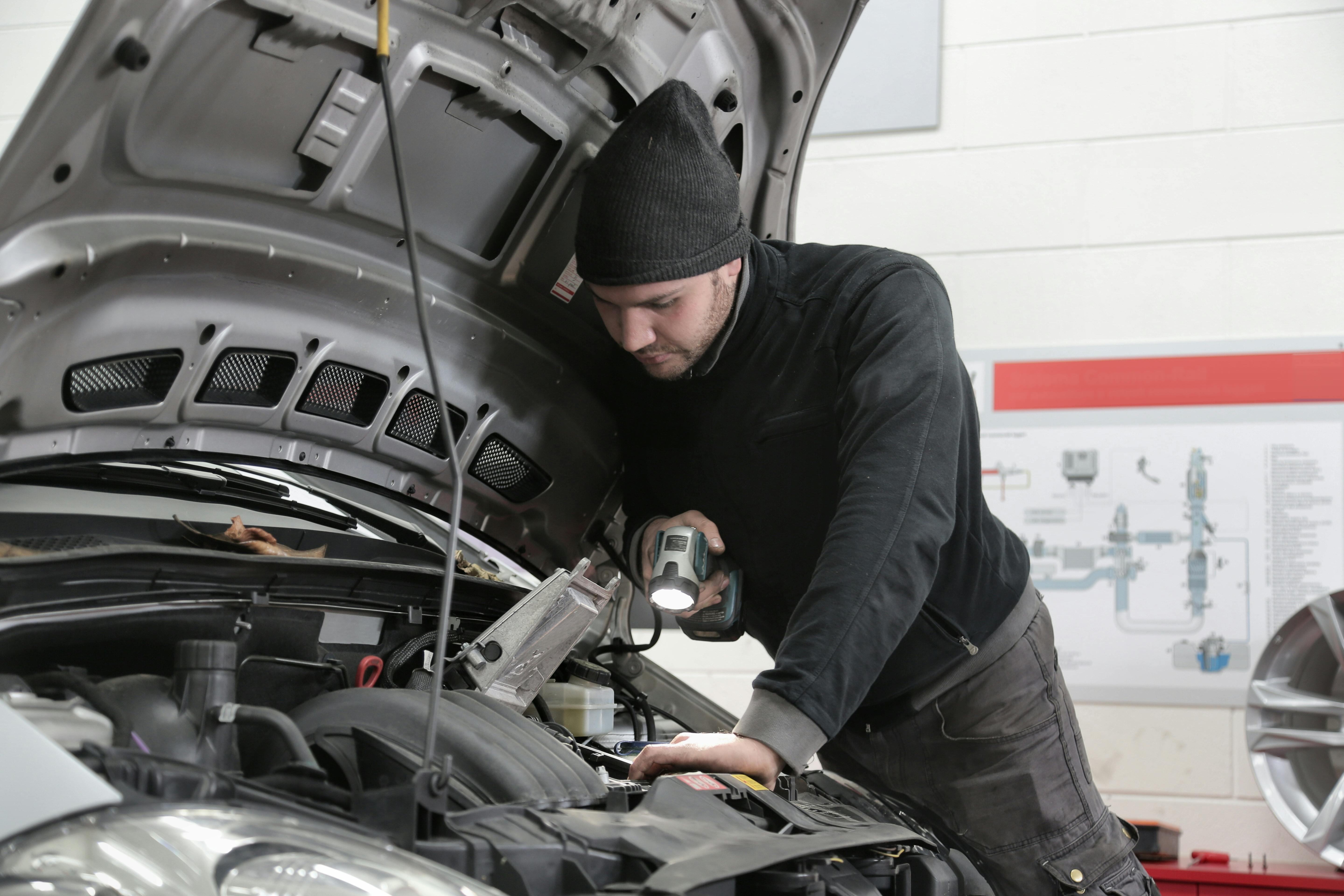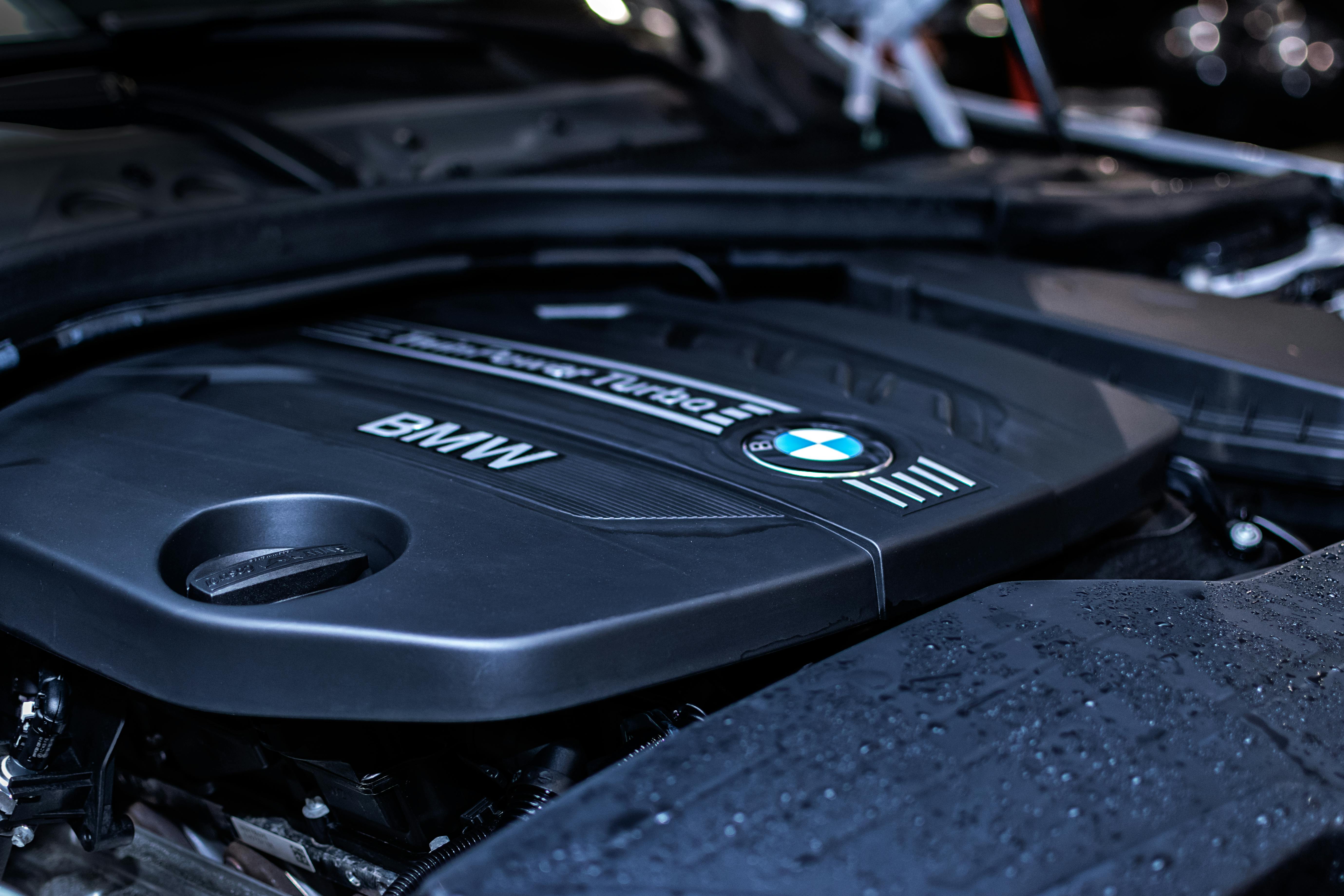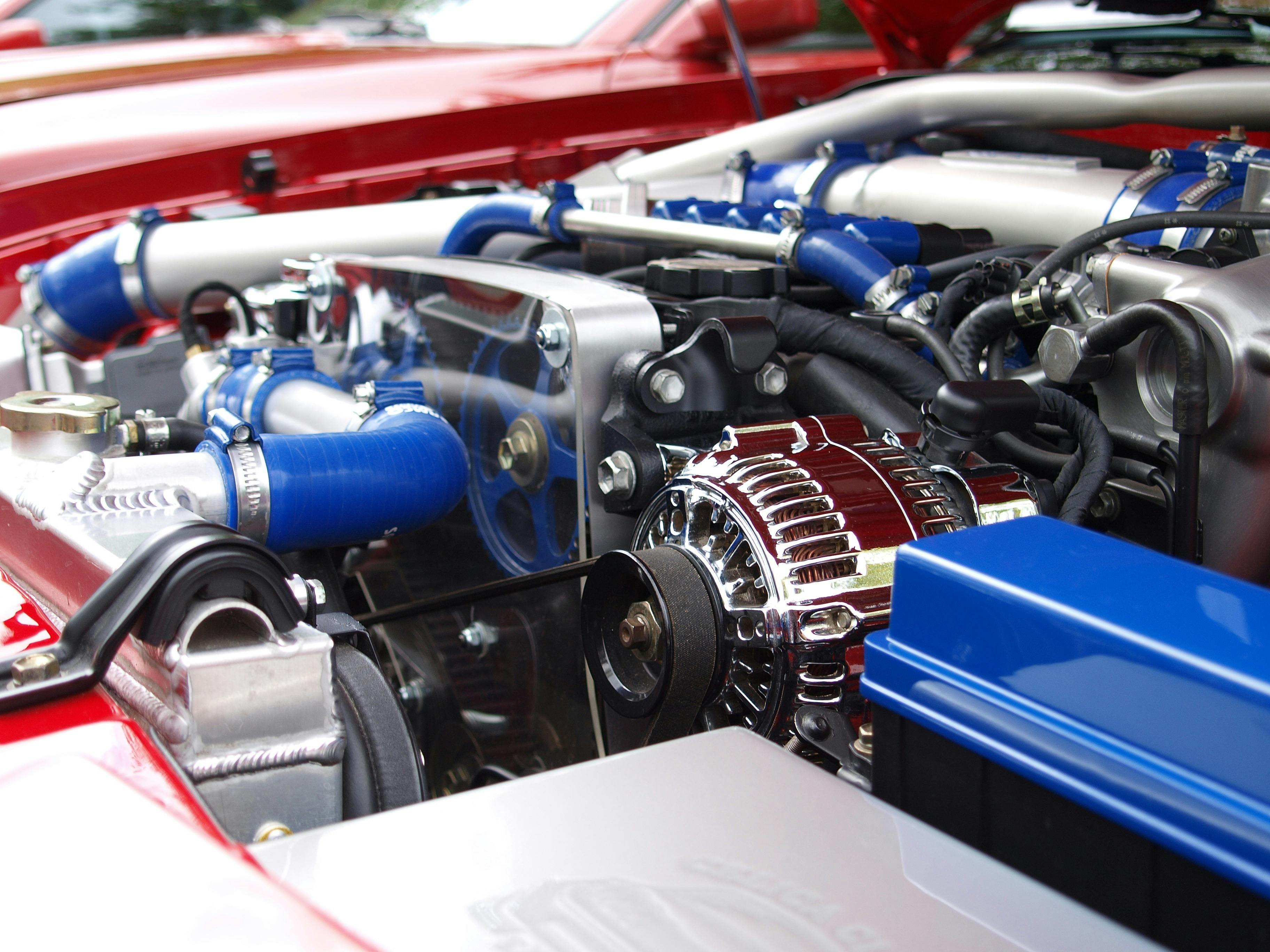Why Regular Engine Checks Can Save You From Big Repairs

In the hustle and bustle of daily life, car maintenance often falls to the bottom of our priority list. However, neglecting regular engine checks can lead to significant financial burdens down the road. At Applewood Performance Center, we believe that keeping up with routine engine maintenance is not just a recommendation but a necessity for every vehicle owner. This blog delves into how regular engine checks can save you from major repairs, ensuring your car runs smoothly and remains reliable for years to come.
The Importance of Regular Engine Maintenance
Regular engine maintenance is critical for several reasons. It helps in identifying potential issues before they escalate into severe problems, thereby saving you from hefty repair costs. A well-maintained engine operates more efficiently, providing better performance and fuel economy. Moreover, adhering to a scheduled maintenance routine enhances the longevity and resale value of your vehicle.
Preventive Measures: The First Line of Defense
Preventive maintenance is akin to giving your car a regular health check-up. Simple tasks like changing the oil, checking fluid levels, and replacing air filters might seem insignificant but play a crucial role in keeping your engine running smoothly.
Oil Changes
Regular oil changes are perhaps the most important aspect of engine maintenance. Clean oil lubricates the engine components, reducing friction and preventing wear and tear. Neglecting oil changes can lead to engine overheating and severe damage.
Fluid Checks
Ensuring that your engine fluids—such as coolant, transmission fluid, and brake fluid—are at optimal levels can prevent overheating, corrosion, and other costly issues.
Air Filters
A clogged air filter can reduce fuel efficiency and strain the engine. Replacing air filters regularly ensures that your engine breathes properly, enhancing its performance and longevity.
Long-Term Savings: The Financial Benefits of Regular Maintenance
Investing in regular engine maintenance can lead to substantial long-term savings. By addressing minor issues early, you avoid the costly repairs that result from neglected maintenance. For example, catching issues like worn-out belts, leaky hoses, or aging batteries during routine checks can prevent them from causing more significant problems.
Better Fuel Efficiency
A well-maintained engine consumes fuel more efficiently. Tasks like replacing spark plugs, ensuring proper tire pressure, and using the right motor oil can improve your car's fuel economy, saving you money on gas over time.
Enhanced Resale Value
When it comes time to sell or trade in your vehicle, a well-documented maintenance history can significantly boost its resale value. Potential buyers are more likely to trust a car that has been consistently maintained, translating into a higher selling price.
Cost-Effective Repairs
Catching issues like worn-out belts, leaky hoses, or aging batteries during routine checks can prevent them from causing more significant problems. For example, a broken timing belt can cause extensive engine damage, leading to a complete engine overhaul—a much more expensive repair than replacing the belt.
Avoiding Unexpected Breakdowns
Nothing is more inconvenient than an unexpected breakdown. Regular engine checks help ensure that your vehicle remains reliable, reducing the likelihood of sudden failures.
Early Detection of Problems: Routine inspections can reveal issues like worn-out components, leaks, or other signs of trouble. Addressing these problems early can prevent them from causing a breakdown, saving you from towing fees and emergency repairs.
Peace of Mind: Knowing that your engine is in good condition gives you confidence while driving. Whether it's a long road trip or a daily commute, regular maintenance helps ensure that your vehicle won't leave you stranded.
The Environmental Impact: A Greener Drive
Keeping your engine in top condition is not only beneficial for your wallet but also for the environment. An efficiently running engine produces fewer emissions, contributing to a cleaner and greener environment.
Reduced Emissions: Regular maintenance tasks like oil changes, proper tire inflation, and timely replacement of air filters ensure that your car runs efficiently, producing fewer pollutants.
Fuel Conservation: Improved fuel efficiency means less fuel consumption, reducing the overall environmental impact of your vehicle.

Common Engine Maintenance Tasks
To keep your engine in peak condition, consider incorporating the following tasks into your regular maintenance routine:
Oil Changes
As mentioned earlier, oil changes are vital for engine health. Consult your vehicle's manual for recommended intervals, which typically range from 5,000 to 12,000 kilometres depending on the type of oil used. Regularly changing your engine oil ensures that all moving parts are well-lubricated and can function without unnecessary friction.
Fluid Level Checks
Ensuring that all fluids are at the correct levels is crucial. This includes engine oil, coolant, transmission fluid, brake fluid, and power steering fluid. Low or dirty fluids can lead to malfunctioning systems and costly repairs.
Air Filter Replacement
Air filters prevent dirt and debris from entering the engine. Over time, they can become clogged, reducing your engine's performance and fuel efficiency. Replacing air filters at recommended intervals ensures that your engine receives clean air for combustion.
Spark Plug Replacement
Spark plugs play a crucial role in engine operation by igniting the air-fuel mixture in the combustion chamber. Worn-out spark plugs can lead to misfires, reduced fuel efficiency, and difficulty starting the engine. Replacing them according to your vehicle's maintenance schedule ensures smooth engine performance.
Timing Belt Replacement
The timing belt controls the timing of the engine's valves. If it breaks, it can cause severe engine damage. Replacing the timing belt at recommended intervals prevents this catastrophic failure and keeps your engine running smoothly.

Conclusion
Regular engine checks are a small investment that pays off significantly in the long run. By prioritizing preventive maintenance, you can avoid major repairs, improve your vehicle's performance, and save money. At Applewood Performance Center, we are committed to helping you keep your car in top condition. Schedule your next engine check with us and experience the peace of mind that comes with a well-maintained vehicle. Don't wait until it's too late—take proactive steps today to ensure a smoother, more reliable ride tomorrow.
By keeping up with regular engine maintenance, you not only safeguard your investment but also contribute to a more efficient and environmentally-friendly driving experience. Remember, a little upkeep now can save you big bucks later.



